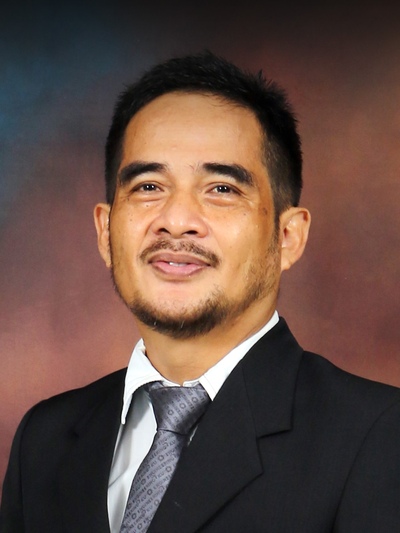Create Innovation in Civil Engineering
Why study at TSPM UMY?

Graduate Profile
Graduates of a Master's program in Civil Engineering generally possess deeper and more specialized skills compared to undergraduates.
- Analysis and Planning: Capable of conducting complex analyses of various civil engineering problems, from project planning to risk assessment.
- Design: Proficient in various design software and capable of designing building structures, road infrastructure, bridges, dams, and efficient and safe drainage systems.
- Project Management: Understands the principles of project management, from planning and budgeting to project execution supervision.
- Research: Possesses the ability to conduct scientific research in the field of civil engineering, both independently and collaboratively with a team.
- Communication: Able to communicate effectively both verbally and in writing, both with fellow engineers and non-technical parties.
Career Opportunities
Graduates of the Civil Engineering Master's program have the opportunity to pursue careers as Consultants, Contractors, Researchers/Academics, Managers, and more.
Academic
Concentration
The Sustainable Infrastructure concentration offers graduates the ability to design infrastructure, particularly in relation to green buildings, green materials, and the utilization of the latest technologies in design.
The road traffic safety concentration equips graduates with the ability to design, operate, and manage safe road traffic systems; to plan and design safe roads; and to analyze, assess, and provide solutions to road traffic accidents.
Education System
- The university employs a semester-based system. Each course typically has 14 to 16 face-to-face meetings per semester. One credit hour (SKS) is equivalent to 50 minutes.
- Students can choose their concentration based on their interests, which will be determined in the second semester by taking different courses according to their chosen concentration.
- Elective courses can be taken in the second or third semester.
- To obtain a Master of Engineering degree, a student must complete 36 credit hours, including the thesis.
- To conduct a high-quality master's program in Civil Engineering with a research-based approach, aiming to produce graduates who are competent, professional, and competitive at both national and international levels, grounded in Islamic values.
- To develop research focused on technological innovation in Civil Engineering, supporting the development of sustainable infrastructure that is environmentally conscious and prioritizes road safety.
- To implement community service aimed at improving community welfare by empowering local wisdom.
-
To implement education with a curriculum and teaching methods that integrate research findings to produce high-quality graduates.
-
To produce competent, competitive, and integrity-based human resources grounded in Islamic values.
-
To produce high-quality research and build international networks and collaborations in the field of civil engineering.
-
To increase the publication and dissemination of research outputs through scientific journals, seminars, and intellectual property rights.
-
To strengthen the role of community service in community empowerment by applying research findings.


